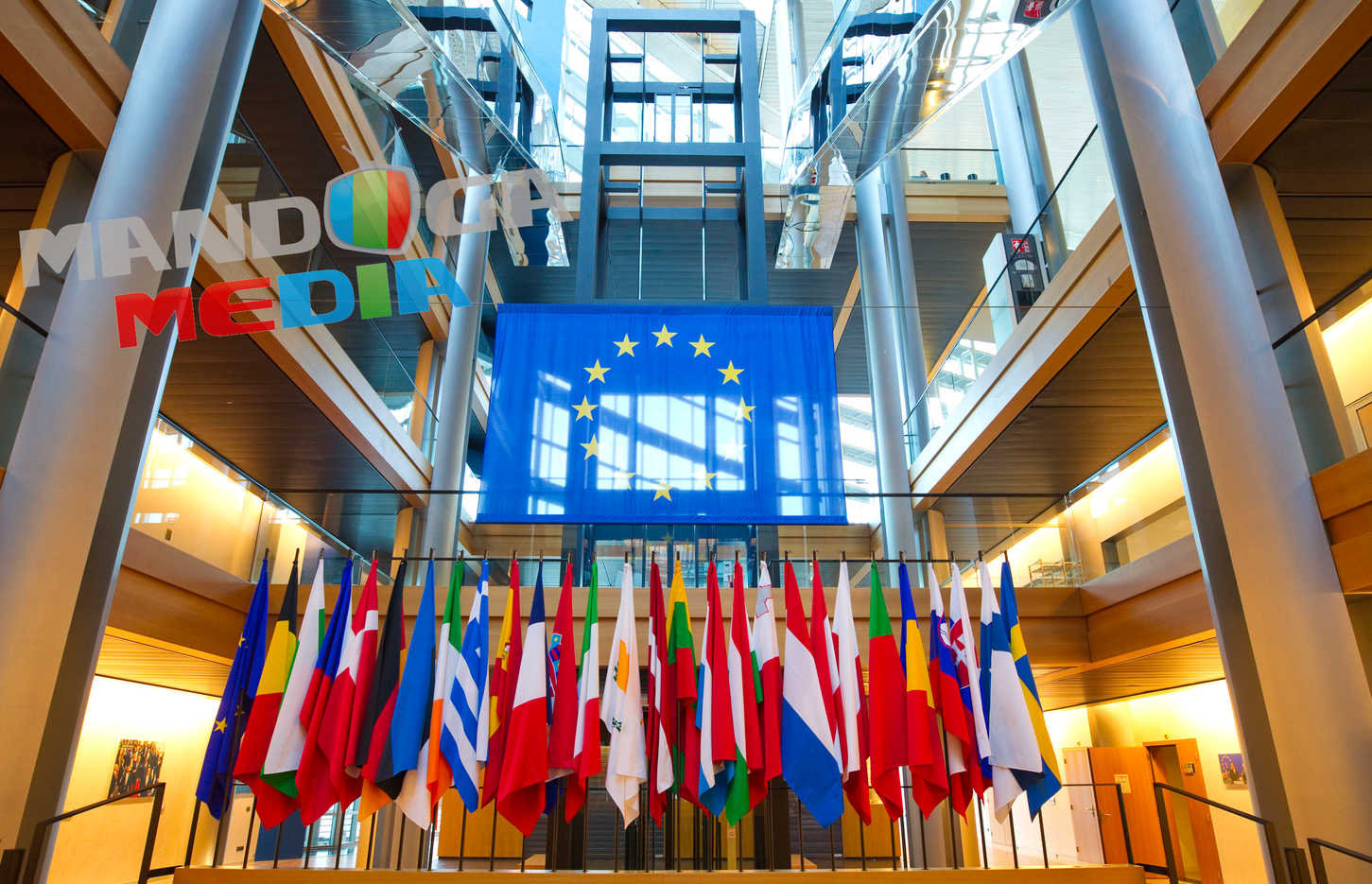
The Council of the EU gave its approval to the joint declaration on the Conference on the Future of Europe, aimed at involving citizens in a wide-ranging debate on Europe’s future in the coming decade and beyond, including in the light of the COVID-19 pandemic.
The joint declaration of the Council, the European Parliament and the Commission sets out the objectives, structure, scope and timing of the Conference.
„Our Union has brought 70 years of peace and prosperity. To learn from the crises, to face the challenges ahead of us, to strengthen our European solidarity and to build our common future, we must reflect on our Union together, closely involving citizens, civil society and national parliaments.“
Ana Paula Zacarias, Portuguese Secretary of State for European Affairs
A stronger voice for citizens
The Conference on the Future of Europe will give citizens a greater role in shaping the Union’s future policies and ambitions, improving its resilience. A series of events will be organised by the three institutions, where citizens will have the chance to express their views on the issues that matter to them. The Conference is an opportunity to underpin the democratic legitimacy and functioning of the European project as well as to uphold EU citizens‘ support for our common goals and values. An interactive multilingual digital platform will help with the organisation of the debates across the Union.
Scope of the debates
The scope of the Conference should reflect the areas where the European Union has the competence to act, or where EU action would benefit European citizens, focusing on topics that truly matter to citizens, with long lasting impacts and wide outreach. The Conference will facilitate a discussion of the challenges the EU is facing, including those brought about by the COVID-19 pandemic. Reflecting the Strategic Agenda of the EU, it should also address policy topics such as climate change, economic and social issues, and the digital transformation. Citizens are free to raise additional issues that matter to them.


